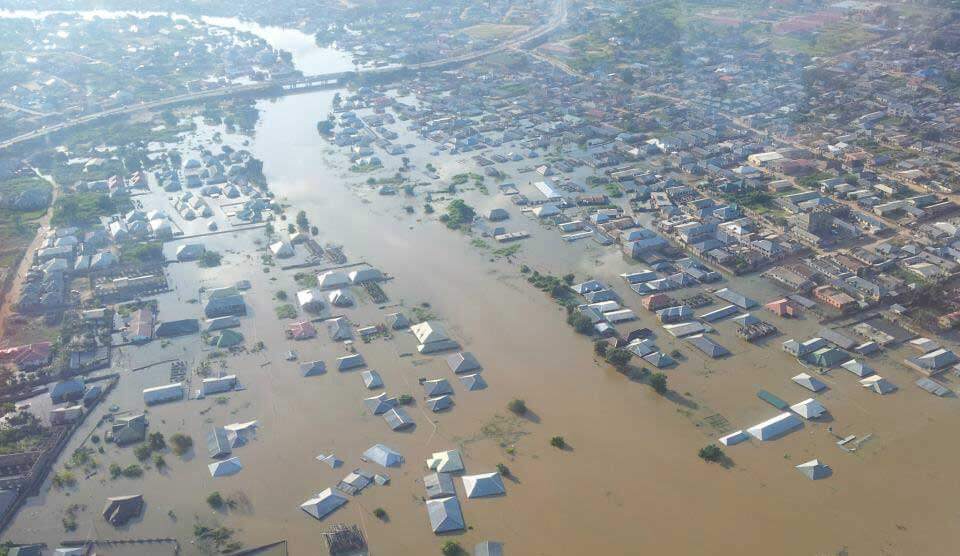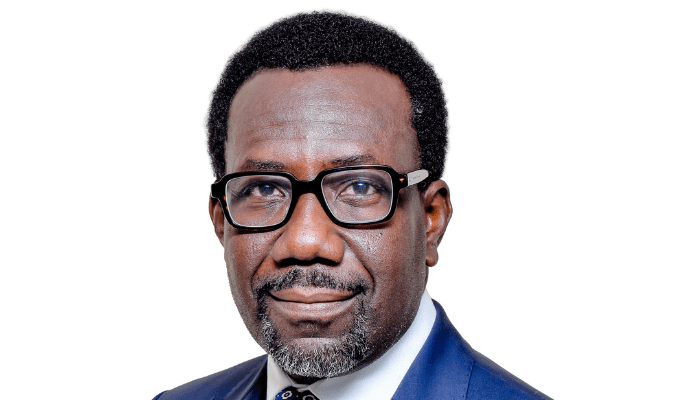Place your adverts here on InfoDig @ low rates; banner ads, sponsored links and guest articles etc. Contact us
The Federal Government has been asked to probe billions of ecological funds collected by Borno State since 2001, including the N816m collected by the state between January and June 2024.
The call was made by the Socio-Economic Rights and Accountability Project (SERAP).
SERAP called on President Bola Tinubu to direct the Attorney General of the Federation and Minister of Justice Lateef Fagbemi, SAN, and appropriate anti-corruption agencies to promptly investigate spending of the funds.
In a letter dated September 21, 2024 and signed by SERAP Deputy Director Kolawole Oluwadare, the organisation said suspected perpetrators of allegations of corruption and mismanagement of ecological funds should face prosecution as appropriate, if there is sufficient admissible evidence, and any proceeds of corruption should be fully recovered.
SERAP also urged Tinubu to direct Fagbemi and appropriate anti-corruption agencies to urgently identify and ensure access to justice and effective remedies to affected victims in Borno State.
It further called on the president to direct George Akume, Secretary to the Government of the Federation to work with appropriate anticorruption agencies to track and monitor the spending of Ecological Fund by the Federal Capital Territory, Abuja, 36 state governors, the 774 local government areas, as well as all emergency management agencies across the country funded through the Ecological Fund.
The organisation noted that it is important to ensure justice for the victims of Borno’s flood, and accountability for the spending of the monthly ecological funds collected by the state through the Federal Account Allocation Committee (FAAC).
The letter read in part: “Your government has legal obligations to ensure protection of the rights of flood victims in Borno and elsewhere in the country, including the obligation to ensure they receive adequate food, shelter, safe drinking water, access to sanitation and other basic aid.
“Your government must use all means available to it to prevent and address the threats to human rights that result from climate change and to provide access to remedies when these rights are violated.
“According to reports, the recent floods in Borno started when a dam [the Alau Dam in Maiduguri] burst its walls following heavy rainfall. More than 30 people have reportedly been killed by the floods.
“About one million people have been affected, most of whom are housed in camps without food and clean water. The According to the National Emergency Management Agency (NEMA), 229 people have been killed by floods in Nigeria since the start of the year. The worst flooding in recent times killed 600 people in 2022.
“According to a four-year audit of the Ecological Fund Office carried out by the Nigeria Extractive Industries Transparency Initiative, NEITI, the total amount allocated and received by the fund from December 2011 to November 2016 was N277 billion.
“The operations of the Fund from 2012 to 2016 reportedly showed that some of the disbursements were not utilised for the purpose for which it was established. During these periods, N74,170,932,645.20 was released to State Governments to solve ecological problems in their States.
“SERAP notes that the Ecological Fund was established in 1981 to respond to and address serious ecological problems such as soil erosion, flooding, drought, desertification, oil spillage, general environmental pollution, and related issues, as well as prevent suffering and possible death from these natural disasters.”
“As the floods in Borno state have shown, the lack of transparency and accountability in the management of ecological funds by states and the resulting human costs directly threaten fundamental human rights – rights to life, to food, to a place to live and work – rights that your government has an obligation to protect.”
SERAP said if it does not get a response from the government after seven days, it would “consider appropriate legal actions to compel your government to comply with our request in the public interest.”
















 English (US) ·
English (US) ·